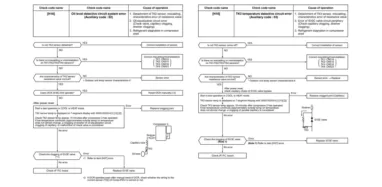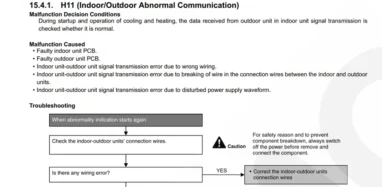When it is finally time to give your air conditioning unit a good clean, it is only normal to feel a bit nervous about spraying it with water. After all, everyone knows that electrical appliances and water can be a recipe for disaster. The main question now is, is it ok to spray water on your air conditioner? Can you use water to clean your AC unit?
Well, good news because yes, you can spray water on an air conditioner during cleaning, and there is nothing wrong that will happen if you do so. Spraying water on the condenser of your air conditioner can help it run more efficiently. If you don’t know, the condenser requires regular spritzing that it will continue to do a good job. Indeed, this is something that you might not expect from this kind of device plugged in.
Is it ok to spray water on air conditioner?
Once again, the answer is yes, spraying water on an air conditioner is perfectly fine when cleaning it. For this task, you could count on your good old reliable garden hose. There is even no need for you to be gentle when doing it. All you have to do is set the hose to hard stream then run this over your AC unit from the top to bottom to clean it thoroughly.
You also need to occasionally spray your condenser so that it will function more efficiently. However, you obviously wouldn’t want to wet those parts in your AC that should stay dry or you will end up frying your machine, giving you a serious problem in your hands.
Although it is quite easy job to take care of the condenser by itself, if you are in doubt, it would be better to enlist the help of a professional instead of taking your chances and damaging your AC.
A tip: Cleaning air conditioner coils with vinegar is really effective too. Please refer to our previous guide for more info.
Is it ok to spray water on your air conditioner while running?
Yes, you can spray water on your air conditioner condenser unit. The water will help flush out the dust accumulated there. It is safe, no worry.
How spraying water on your air conditioner help in air conditioner servicing
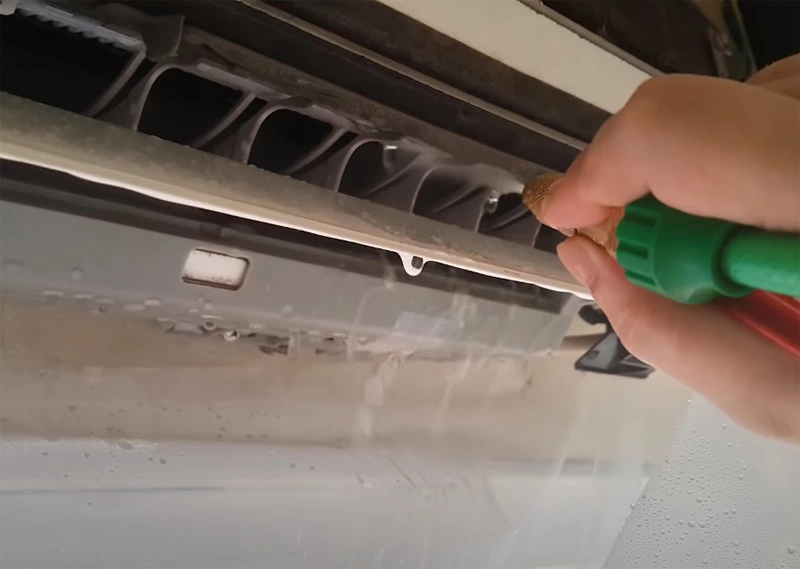
Spraying water on an air conditioner will be able to help the unit run more efficiently as long as you were able to get rid of enough debris, dirt, and dust. Doing so can make the airflow better and ensure that it doesn’t overheat. Don’t worry because your air conditioner unit will definitely not get damaged if you do so. It is also a good idea that you specifically spray the condenser coils of the unit twice a year.
Giving the condenser of your air conditioner a good spritz now and then and can do work like magic in making your machine more efficient. In case you don’t, this practice offers several benefits and these include the following:
- It can improve its efficiency.
Spritzing your condenser, actually encourages water evaporation that can help it to cool off easier and faster. When it happens, it will work less that can then cut back the amount of energy that it uses as well as the amount of energy that you will have to pay for down the road.
- It can lengthen its lifespan.
When you improve the efficiency, you can also increase its lifespan. The better you care for your unit and the less that it needs to work, the longer the unit will last. On a side note, it is also advisable that you look after your filters, clean them regularly, and change them every 60-90 days. Dirty filters can lead to a lot of issues that you might have otherwise avoided if you only took proper care of them.
- It keeps the unit clean.
Spraying water on your air conditioning unit can help dislodge that debris and particles that could have built up over time in the vents of your air conditioner. If there are more buildups, your filter will also become dirtier and it will no longer be able to catch all the dirt. Some particles will end up clogging the unit itself that will eventually lead to expensive replacements and repairs.
Does spraying water make my air conditioner cooler?
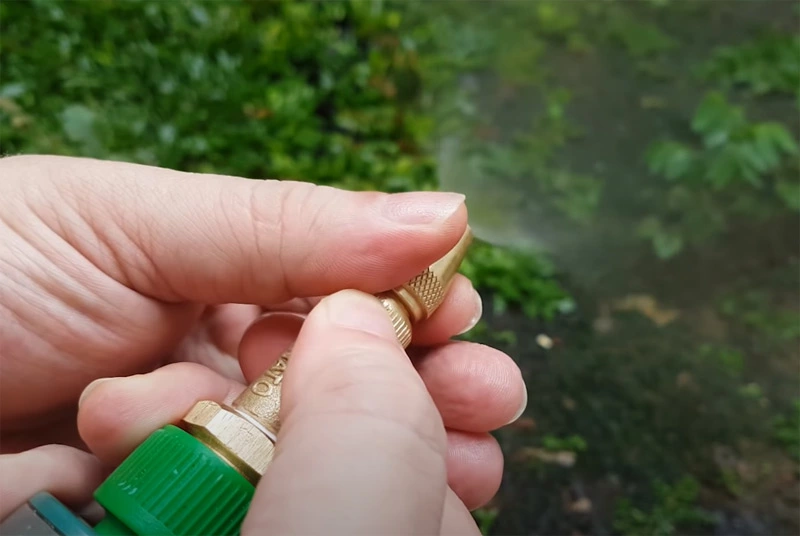
There is something great with evaporative cooling. This is what helps your body stay cool when the weather is hot. When you sweat, this will also evaporate and this phase change will carry away the heat from your body since heat is required for turning liquid water into water vapor.
Every time you spray some liquid water mist into their air, the small liquid droplets will evaporate into individual molecules of water vapor. This will again require heat for it to happen and this time, the heat will be coming from the air. It will then lead to cooler air. In case you are living in an area with a dry climate, you can use the same principle for cooling the air in your house using a device known as a swamp cooler.
As you might already know, an air conditioner works by collecting heat within your home then dumps it into the air outside. Since the air outdoors is hot, the compressor needs to produce the refrigerant that will carry the heat much hotter than the air outdoors since the heat flows from hot to cold all the time or from hotter to hot in this case if the water evaporates to the airway before this gets pulled to the condensing unit.
Spraying water on an air conditioner can help lower the air’s temperature and this can then improve the efficiency and capacity of your unit. So, instead of dumping the heat from hotter into hot, you will only dump it from hotter into not so hot, something that is much easier to do.
Wetting down air conditioner
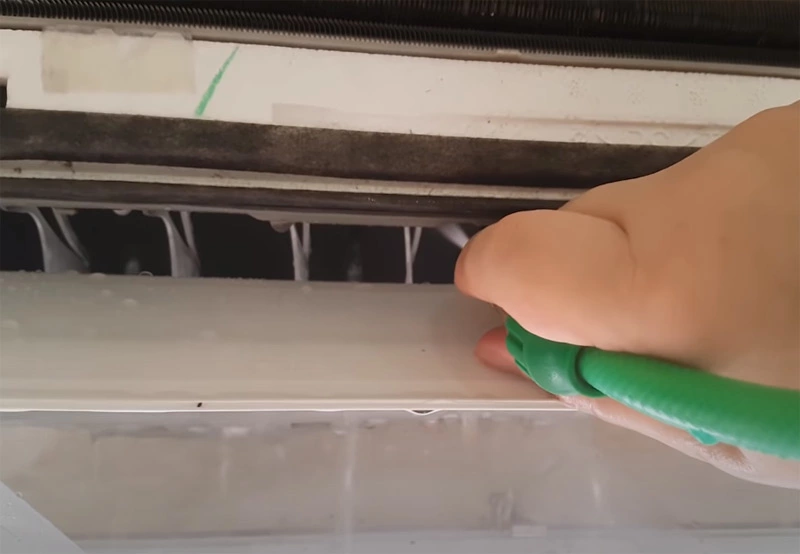
You might doubt the idea of wetting down your air conditioner but you can have peace of mind because doing so is perfectly fine to do. It is only understandable that most people are hesitant about mixing water and electronics but remember that your outdoor unit’s sensitive parts are actually moisture-protected. It won’t have any issues even if it sits under the rain so it can surely hold up if you use a hose to spray it.
How long to let air conditioner dry after cleaning?
Make sure that you let your air conditioner dry thoroughly before you reassemble it. You can leave your AC outside for several hours so that it can dry well under the sun. You can also speed up the process by using a towel to dry up any excess water. Wait until your AC is totally dry before turning it back on.
You may also want to know:
